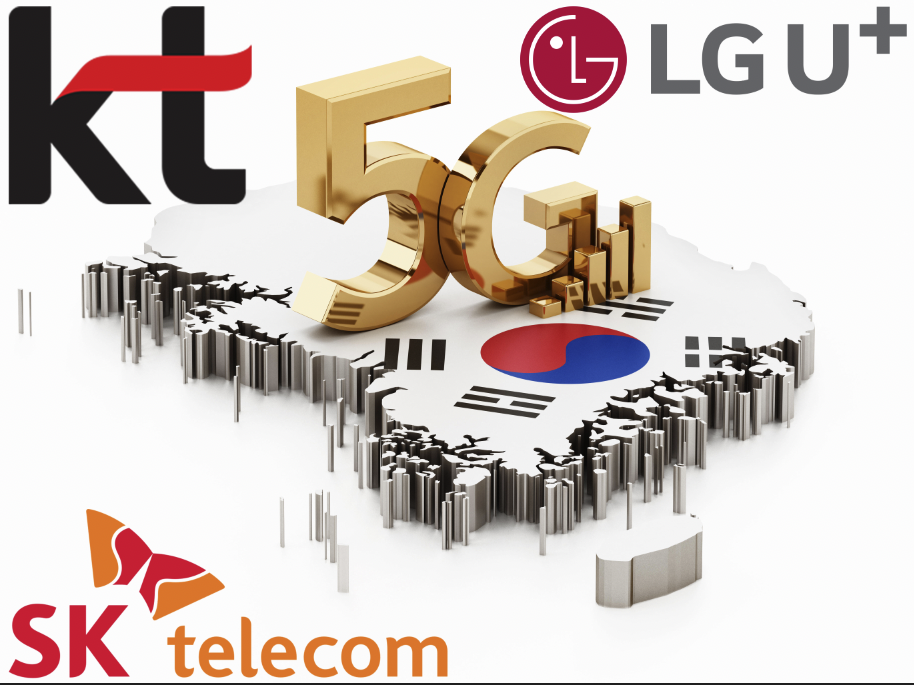
Korea has attracted attention for launching the world’s first 5G commercial service and has urged high telecommunication fees.
“20 times faster than LTE” is an advertisement that comes to mind when it comes to 5G mobile communication service that started four years ago.
The actual service is being provided at 4% of this speed.The Fair Trade Commission imposed a 30 billion won fine along with a correction order for the three mobile carriers to make false advertisements.”20x faster”, “up to 20Gbps”.
This is an advertisement for three telecommunication companies (SK, LG U+, KT) released around the world’s first commercialization of 5G in 2019.’20Gbps’ is not a possible speed in real life, but a goal according to the technical standard of 28GHz frequency range.
Commercialization of 5G took place in the 3.5GHz frequency range, which allows less base stations to be built, and even progress was slow, resulting in consumer inconvenience.
5G Service Subscribers (February 2020 interview): I trusted and bought a carrier ad because I was so into it, but these obstacles occurred right after I signed up.) When I asked the carrier, the ad was abstract…. It was very absurd.]
The Fair Trade Commission judged that it was a false exaggerated advertisement that misunderstood the technological target speed as if it could be used by consumers.
The average speed of 5G in 2021 was 0.8Gbps, which was 25 times exaggerated, and only 5 times faster than the previous generation.
The actual speed was only about 30% compared to what the three companies advertised as their highest speed in the 2Gbps range.
In the end, the Fair Trade Commission imposed a fine of about $30 million on the three telecommunications companies along with corrective orders.
It is the second largest amount ever related to the violation of the Display Advertising Act. Han Ki-jung / Chairman of the Fair Trade Commission: It is expected that the three mobile telecommunication companies, which are allocated to spread public goods, will escape from overheated competition using unfair advertising and move toward fair competition based on quality.
The carriers faithfully explained the theoretical speed, but it was very regrettable that it was not accepted, and said they would discuss the response after receiving the resolution.
The three telecommunication companies are planning to quit after SK Telecom at the end of this month, saying that it is difficult to commercialize 28GHz frequencies, which is expected to be a policy responsibility battle.
In other words, it will withdraw its claimed 5G service. It ended up being a lie that the fare was expensive but fast.
The claim was to download a two-gigabyte movie in one second, but the experiment actually took about 4 minutes and 30 seconds.
Telecommunications companies say that they are talking about the speed that is possible in theory, not lying or deceiving consumers.
Telecommunications has an annual operating profit of 1 billion. And looking at the bare face of Korea, the world’s best IT powerhouse, is it a reliable technology and company? It is hard to believe that the three super-large companies (SK, LG U+) and KT (government’s private conversion companies) have already carried out technologies that have not been commercialized to consumers.
KS CHOI
US ASIA JOURNAL

